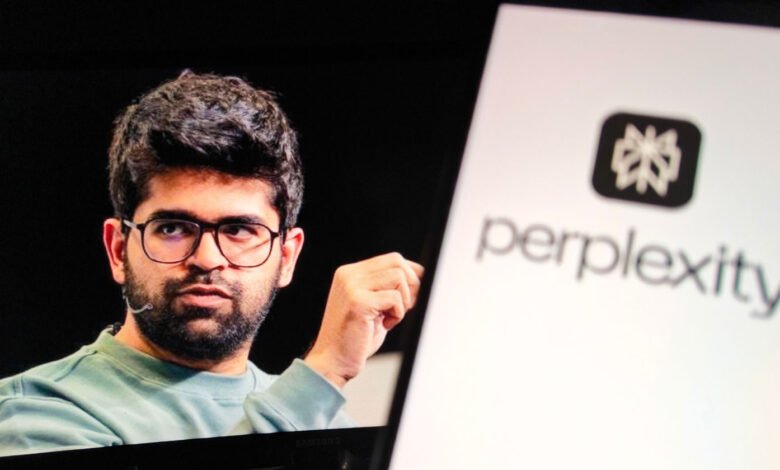Perplexity Claims Cloudflare Blocks Legitimate AI Assistants

▼ Summary
– Perplexity refutes Cloudflare’s claims, arguing its AI Assistants are user-initiated and not traditional web crawlers subject to robots.txt restrictions.
– Perplexity states its system fetches webpages only in response to specific user queries, unlike crawlers that index content indiscriminately.
– The company compares its on-demand fetching to Google’s user-triggered fetches, though acknowledges the comparison isn’t exact.
– Perplexity criticizes Cloudflare for failing to distinguish between malicious scraping and legitimate user-initiated traffic, leading to overblocking.
– The company asserts Cloudflare’s block was based on a misunderstanding of its technology, which doesn’t retain fetched content for model training.
Perplexity has pushed back against Cloudflare’s accusations of bypassing web protocols, arguing its AI assistants operate fundamentally differently from traditional web crawlers. The company maintains its technology retrieves information only when users make specific requests, rather than indiscriminately scraping or indexing content.
Unlike automated crawlers that systematically scan websites, Perplexity’s AI fetches data on demand, responding to direct queries without storing or reusing the information. For instance, if someone asks for the latest tech news, the system pulls relevant articles in real time to generate summaries. The company likens this process to Google’s user-triggered functions, such as text-to-speech features, which also bypass standard crawling restrictions.
A key point of contention is whether AI assistants should be treated the same as bots under robots.txt rules. Perplexity insists its technology acts as an extension of the user, not an independent crawler, and emphasizes it doesn’t retain scraped data for model training. The debate highlights broader challenges in distinguishing between malicious scraping and legitimate AI-driven interactions.
Cloudflare’s security measures have also come under fire for allegedly overblocking beneficial services. Perplexity claims the platform’s bot detection fails to differentiate between harmful scrapers and AI tools serving genuine user needs. By categorizing all automated traffic similarly, Cloudflare risks stifling innovation while attempting to curb abuse.
The disagreement underscores the growing tension between web security protocols and emerging AI applications. As AI assistants become more prevalent, clearer guidelines may be needed to balance access, privacy, and ethical data use. Perplexity’s response suggests the industry must evolve its approach to accommodate these technologies without compromising website integrity.
For those interested in the technical and ethical nuances, Perplexity’s detailed rebuttal offers deeper insights into how AI interacts with the open web. The discussion raises important questions about how infrastructure providers should adapt to the rise of intelligent, user-driven tools.
(Source: Search Engine Journal)






